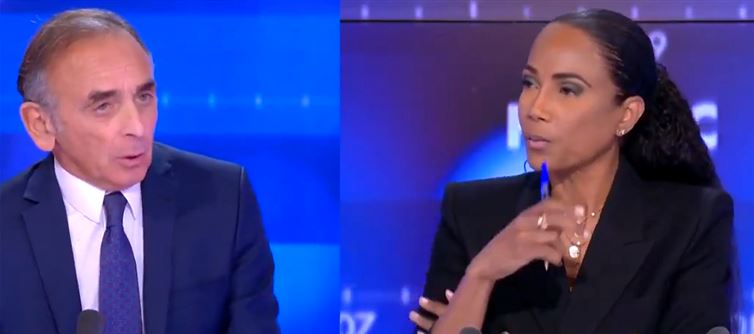
This perspective taps into long-standing debates in france about laïcité (state secularism), integration, and the visibility of religious symbols in public life. Zemmour’s assertion that veiled women are refusing to integrate plays into fears that some immigrant communities are forming parallel societies, insulated from French norms and laws. Critics of the veil often argue that it represents gender inequality and a cultural incompatibility with Western liberal democracy. From this standpoint, veiled women are not just expressing individual faith—they are, whether knowingly or not, participating in a broader ideological movement that challenges the core values of the Republic.
However, many reject Zemmour’s framing as overly simplistic and inflammatory. To equate every woman wearing a veil with a promoter of Sharia law ignores the diversity of motivations behind the practice—ranging from cultural tradition and personal identity to religious devotion. It also risks alienating large segments of French citizens who are Muslim, pushing them further to the margins of society rather than encouraging genuine inclusion. Critics argue that Zemmour's rhetoric does more to fuel division and mistrust than to foster unity or address legitimate concerns about integration. The challenge lies in defending secularism and gender equality without denying individuals the freedom of religious expression—something democratic societies must continuously negotiate.




 click and follow Indiaherald WhatsApp channel
click and follow Indiaherald WhatsApp channel